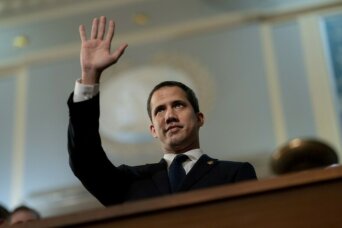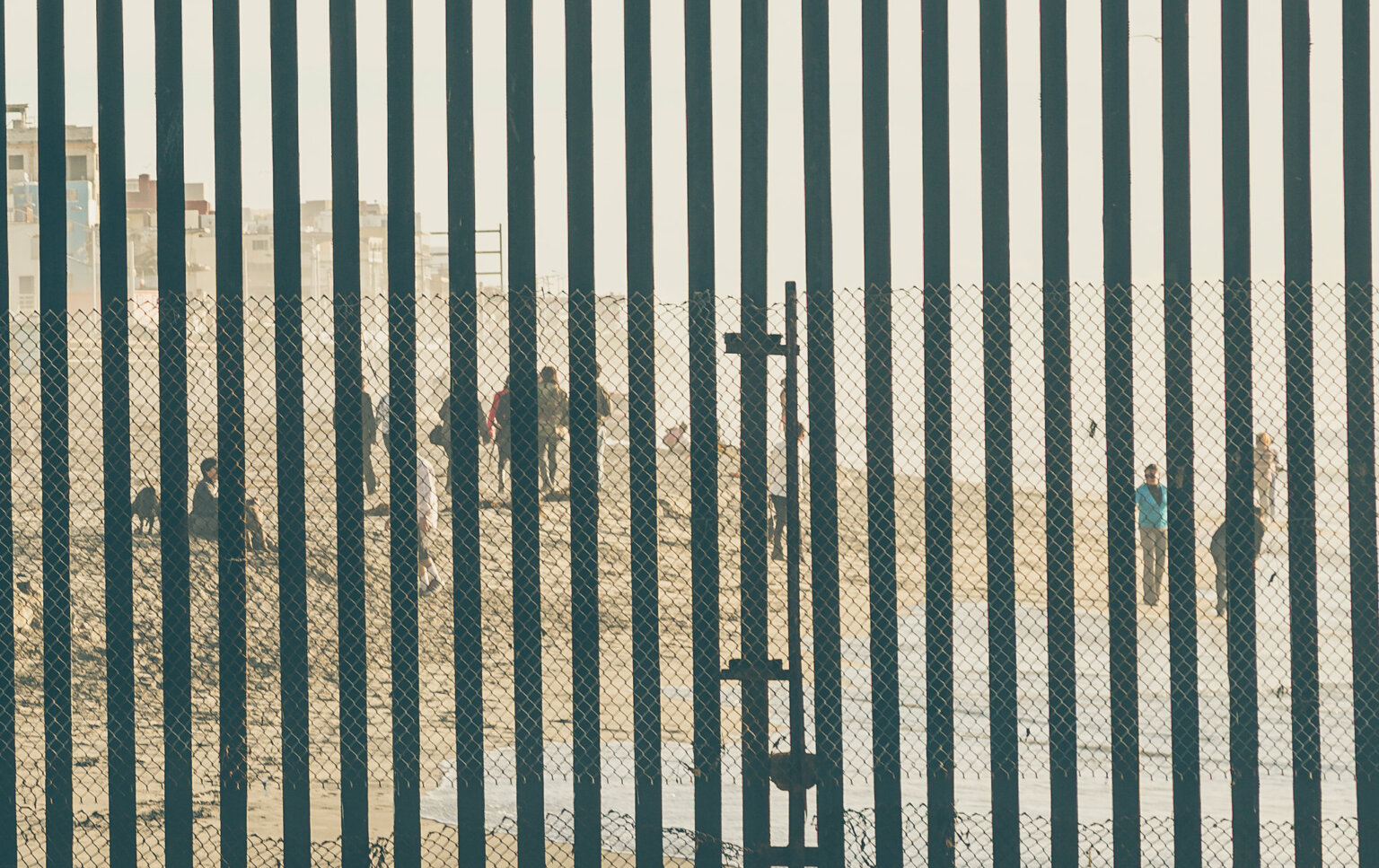- About
- Topics
- Picks
- Audio
- Story
- In-Depth
- Opinion
- News
- Donate
- Signup for our newsletterOur Editors' Best Picks.Send
Read, Debate: Engage.
| topic: | Democracy |
|---|---|
| located: | Venezuela |
| editor: | Ellen Nemitz |
While Juan Guaidó has just been chosen to continue as interim president of Venezuela representing the opposition party, Nicolás Maduro nevertheless remains in office after his contested reelection in 2018 for a six-year term. This will be the fourth year since Guaidó became the self-declared president of Venezuela in January 2019, initiating a new chapter of a long lasting political crisis in the Latin American country after Maduro's reelection was accused of being fraudulent.
Guaidó has managed to gain the support of a handful of countries, including the US and Brazil, but has not been able to actually change this strange situation of a country with two men in power - one officially and the other unofficially. For three years he has been claiming that the goal is to convene a new election process, but in fact, this has yet to happen. "Our commitment remains intact: to achieve a free and fair presidential election," Guaidó tweeted on 8 January.
Maduro, in his turn, has also used social media platforms to share the official note in which the government states that it "once again rejects the interventionist attempt of the United States to recognise alleged authorities,” without mentioning any names. Additionally, the note also criticises the Biden administration for "not overcoming its predecessor's hostile policy."
At this point, though, specialists point out that Guaidó, even while receiving US support, is weaker than ever amid internal disputes and the failure to fulfil his goals - most notably the restoration of democracy. Meanwhile, Maduro is more stable in power and has been attempting to restore the Venezuelan economy by investing in oil production - the decline in oil prices was one of the reasons why Venezuela first entered the historical economic crisis in 2014.
While Venezuela is dragged on an apparently endless crisis, US policies towards the country are "on auto-pilot," says Geoff Ramsey, the director for Venezuela at the Washington Office on Latin America. "Regardless of the constitutional questions at stake, it remains unclear how this will advance democracy in Venezuela," Ramsey added in an opinion piece for Washington Post regarding the recognition of Guaidó this January. Besides, US sanctions have been denoted as an aggravating factor to the economic crisis.
Amid this long lasting power dispute in Venezuela, the population continues to suffer the most from the crisis. Millions of people have fled the country over the past years - even inciting Mexico to tighten its policies about receiving Venezuelans - while those who remain in the country face the economic crisis that, even though recently relatively stabilised, still maintains a deep inequality and hosts dishonest business.
So far, the negotiations that began in September 2021 in Mexico, moderated by neutral nations, have brought little results; the opposition, however, is likely to resume the talks in 2022, as reported by several media outlets. Meanwhile, according to a survey conducted in February 2021, around 45 percent of people would prefer to vote neither for Maduro or Guaidó, but for a third option - accounting for almost twice as many votes as the two candidates combined. The polarisation between the two politicians is no longer sustained.
It is time for a big change, indeed, but led by those who actually hold power: the Venezuelan people. While international intervention may still be necessary at this point, it should guarantee free and fair elections and the immediate solution for the impasse involving two politicians who no longer represent the country and its people.
Image by: White House Archived

